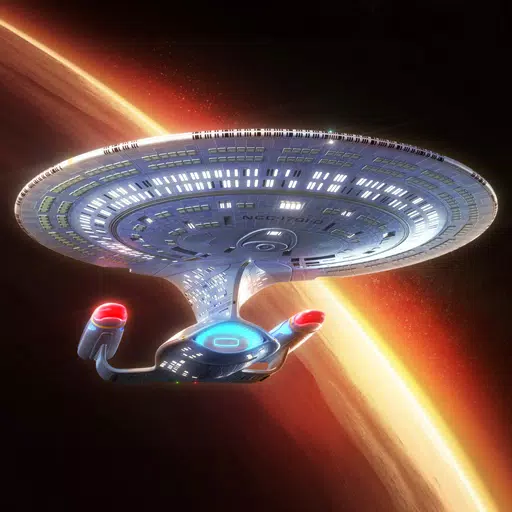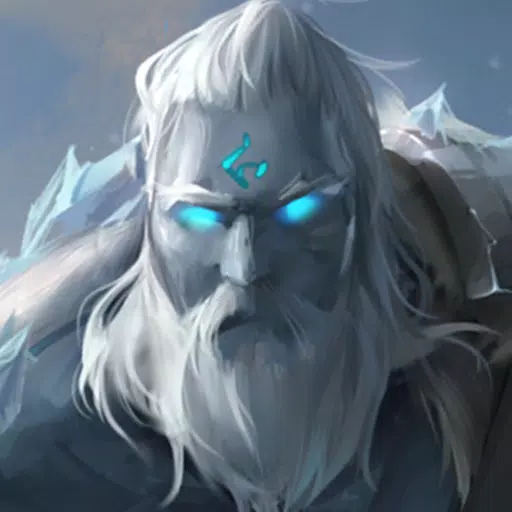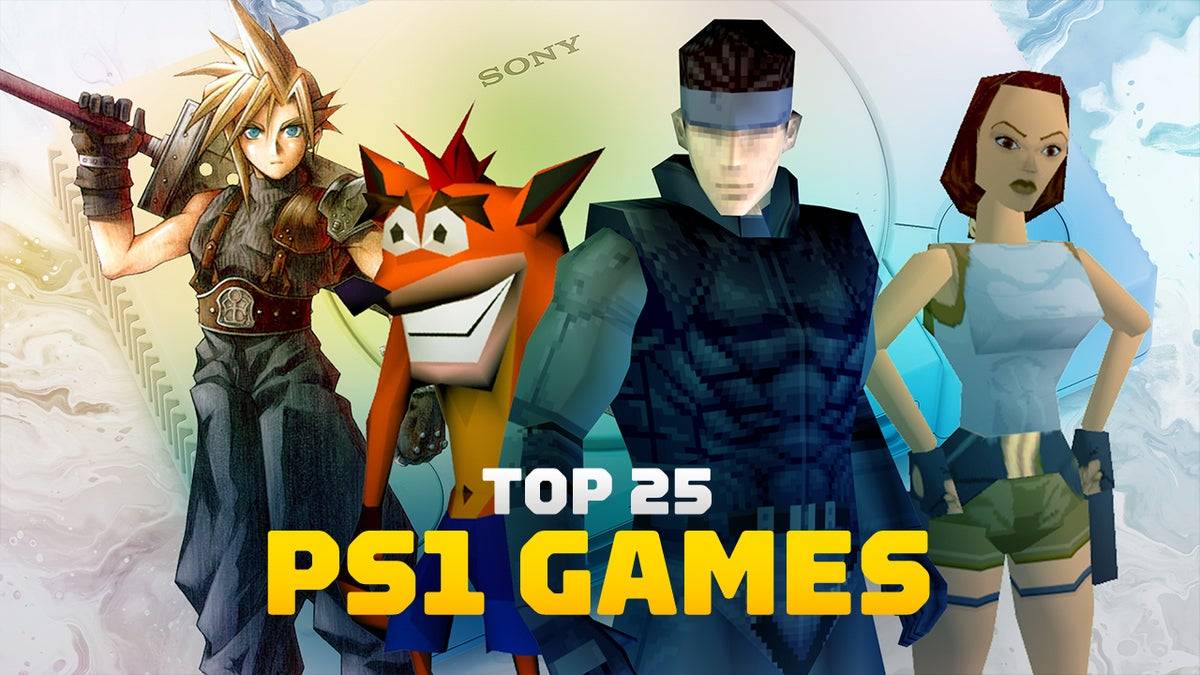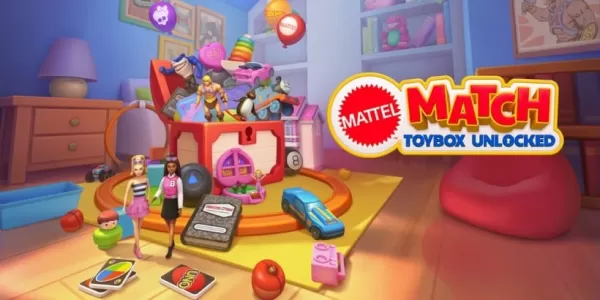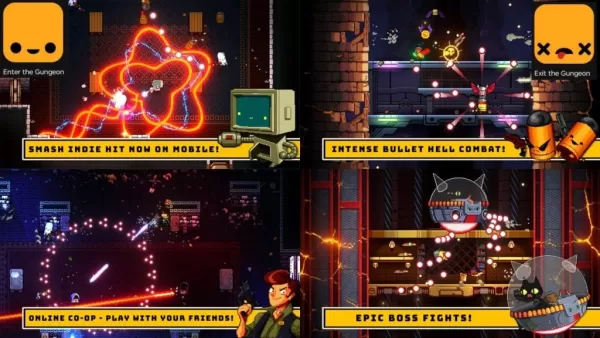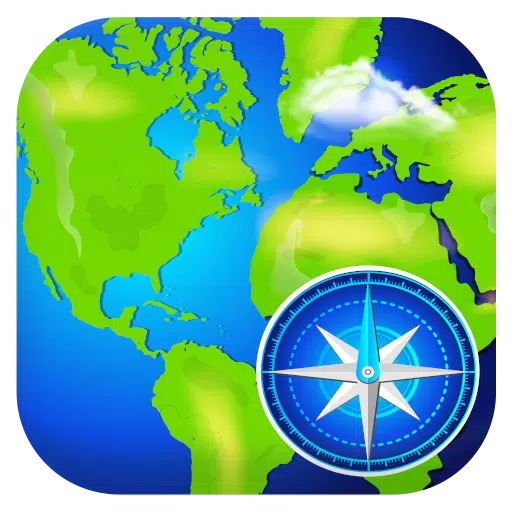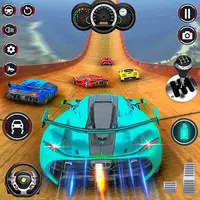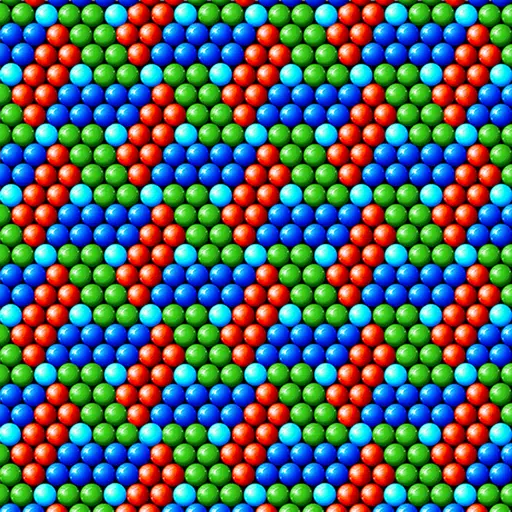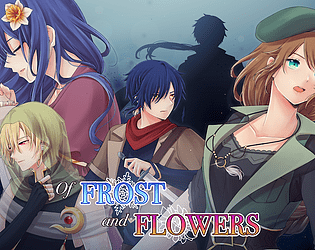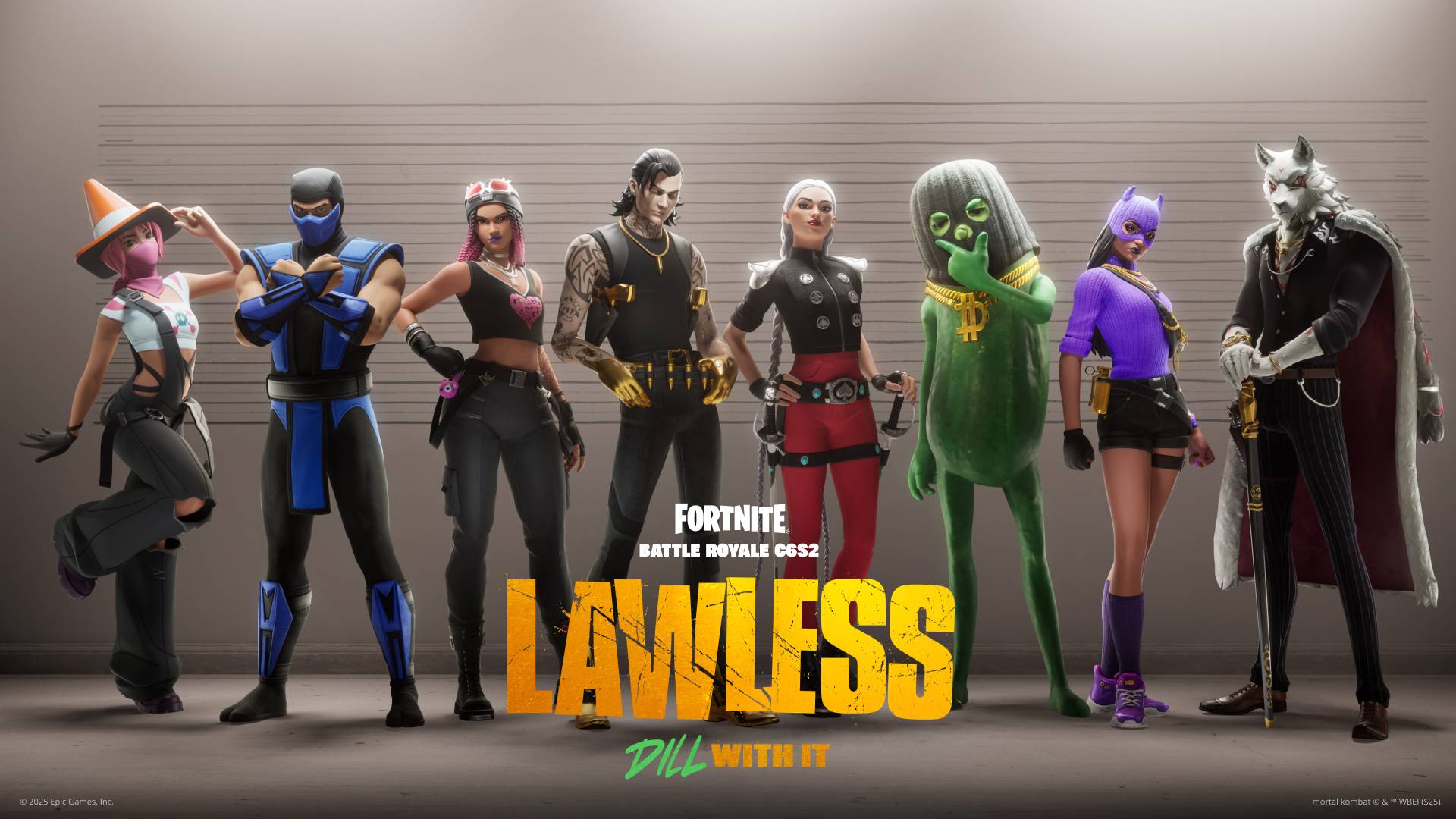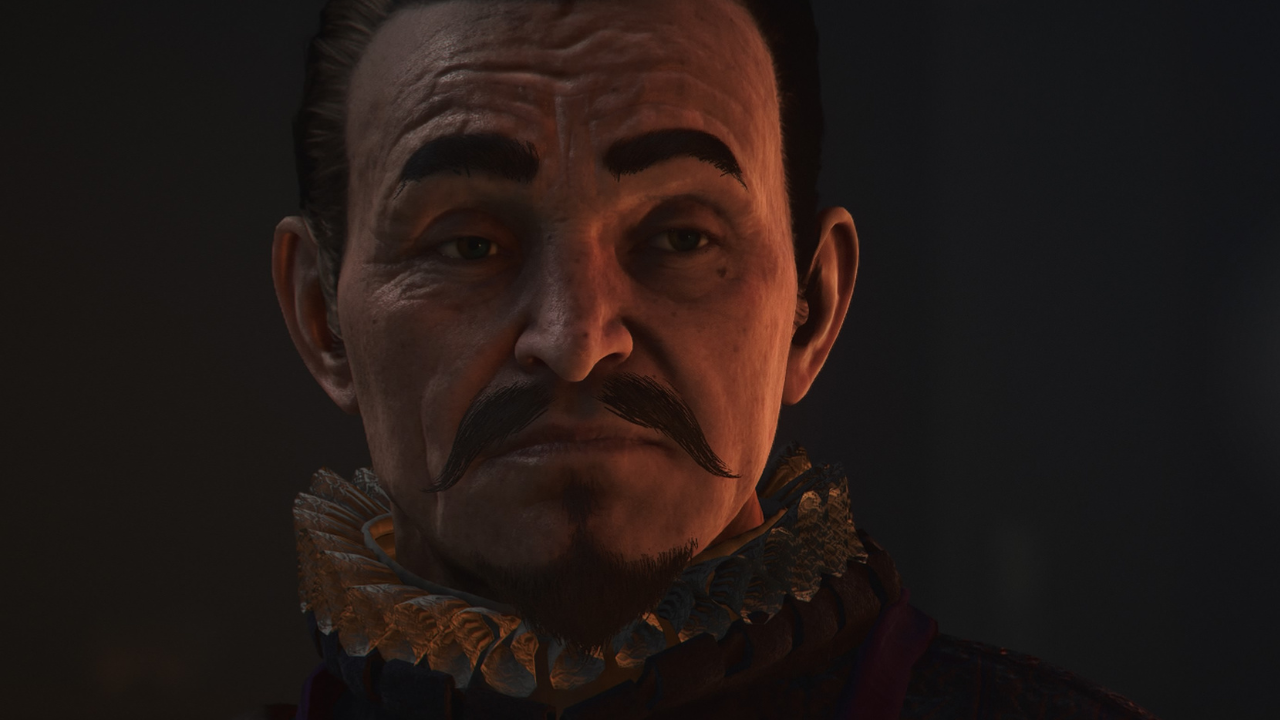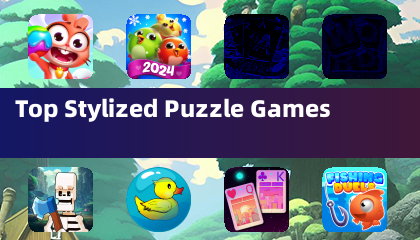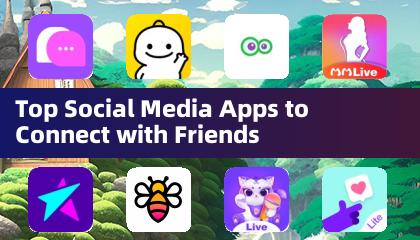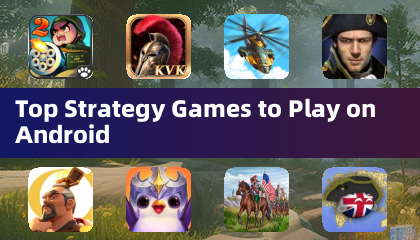Don't Wait For Fable, Play Fable 2 Instead
Buried like some kind of cursed treasure at the bottom of this week’s episode of the official Xbox Podcast was news about Playground Games’ long-awaited Fable. I call it “treasure” because it included a rare glimpse at gameplay, but “cursed” because it came with that dreaded caveat that accompanies so many development updates: a delay. Once planned to launch this year, Fable is now set for a 2026 release.
Delays, of course, are generally not harbingers of doom, despite the agonizing wait they inflict. In Fable’s case, hopefully this is the sign of a richly detailed world that just needs more time to bloom. But that extra year of waiting can be put to good use: there’s no better time to play the Fable games. Specifically, I’d urge you to try Fable 2, the series’ highpoint, and (re)discover just what a strange and unique RPG Lionhead Studios’ 2008 classic is.
By today’s role-playing game standards, Fable 2 is truly distinctive. Even compared to its 2008 contemporaries like Fallout 3 and BioWare’s early 3D games, it stands out with its unique vision. While Fable 2 features a fairly traditional campaign structure with a linear main story and an eclectic collection of optional side quests, its RPG systems are remarkably streamlined. It eschews complex stat blocks for a more approachable experience, making it perfect for those who find traditional RPG mechanics as decipherable as ancient hieroglyphics.Only six main skills govern your health, strength, and speed. Weapons are simplified to a single damage stat, and there's no such complexity for armor or buff-providing accessories. Combat, though prevalent, remains straightforward yet engaging, enhanced by creative spellcasting like the amusing Chaos spell, which makes enemies dance and clean floors. Even death is forgiving, with the only penalty being a minor XP loss.
Fable 2 is the RPG for people who have never played RPGs before. In 2008, when Oblivion’s vast world might have felt overwhelming for newcomers, Fable 2’s Albion offered a more manageable series of compact, easy-to-navigate maps. With the help of your loyal dog, you can explore beyond the main paths to uncover secrets such as buried treasure, hidden caves, and the intriguing Demon Doors. This gives Albion a sense of grandeur and adventure, despite its more linear structure. While it may not compare to the expansive worlds of BioWare’s Infinity Engine games or Bethesda’s Morrowind, judging Fable 2 by modern or contemporary RPG standards misses its true charm. Its strength lies in a world teeming with life, more akin to Maxis’ The Sims than traditional RPGs.
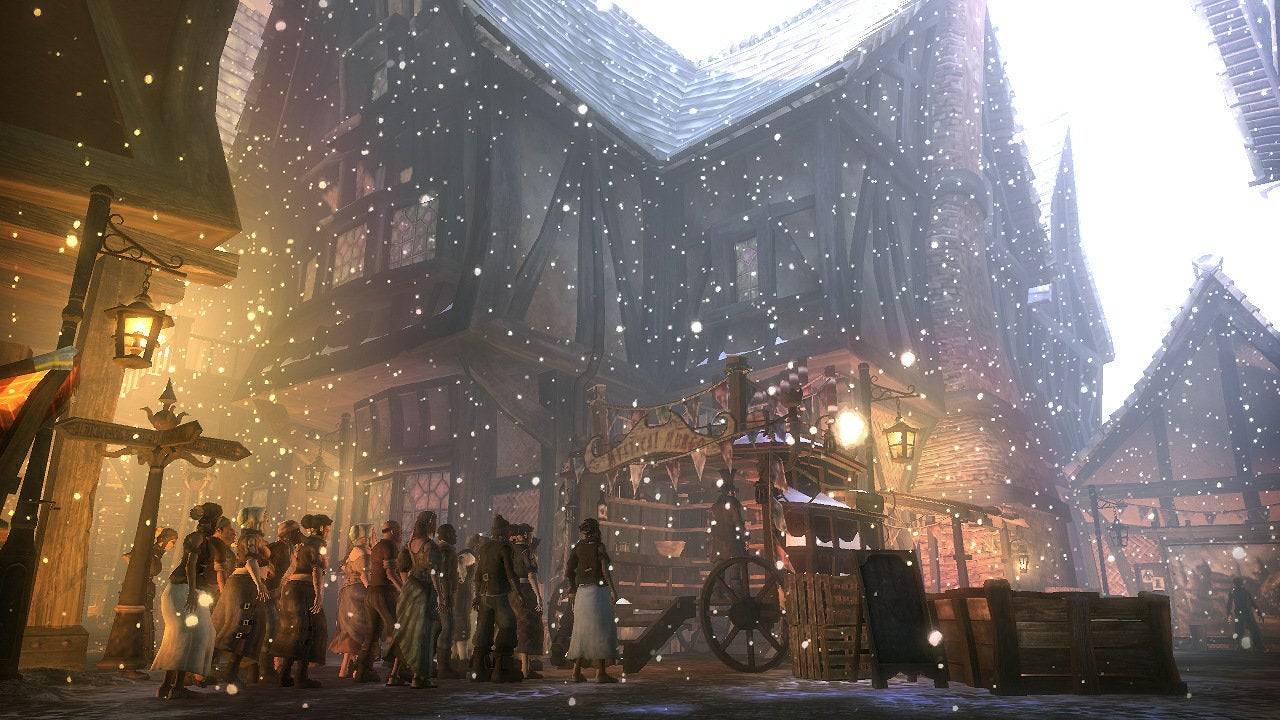 The town of Bowerstone is a bustling hub of authentic life. | Image credit: Lionhead Studios / Xbox
The town of Bowerstone is a bustling hub of authentic life. | Image credit: Lionhead Studios / Xbox
Albion operates like a living, breathing organism. Each morning, its inhabitants rise and begin their routines, with town criers announcing shop openings and nightly curfews. Like characters in The Sims, Albion's citizens have their own lives driven by roles, preferences, and quirks. Using an array of gestures, you can interact with NPCs in various ways, from delighting them with a well-timed fart that has pub patrons laughing into their beers to offending children with a pointed laugh that sends them running. These interactions allow you to shape Albion's society, charming or alienating its residents through your actions and emotes.
As a Hero, you're destined for grand adventures, but Fable 2 shines when you immerse yourself in its society. You can buy and manage properties, from houses to shops, using earnings from jobs like woodcutting or blacksmithing. As a landlord, you can set rental prices or personalize your home. You can even pursue romance by wooing NPCs with their favorite gestures, leading to marriage and starting a family. While individual elements might seem artificial, together they create a vibrant, lifelike world.
A well-executed fart may have the patrons of a pub howling into their beers. Few RPGs have followed Fable’s lead in this aspect. Even modern giants like Baldur’s Gate 3 lack Fable's organic romances and real estate dynamics. However, Red Dead Redemption 2 captures a similar sense of a living world, where NPCs react believably to your actions, and your deeds can have lasting impacts. If Playground’s new Fable aims to stay true to its roots, it should look to Rockstar’s living world as a model rather than the current trend of tabletop-inspired RPGs.
There are other essential elements Playground must preserve. Fable’s quintessentially British humor, with its satire of the class system and cheeky humor, must remain intact. The cast of beloved actors, like Richard Ayoade and Matt King, seen in trailers, suggests they're on the right track. But perhaps most crucial is Lionhead’s approach to good and evil.
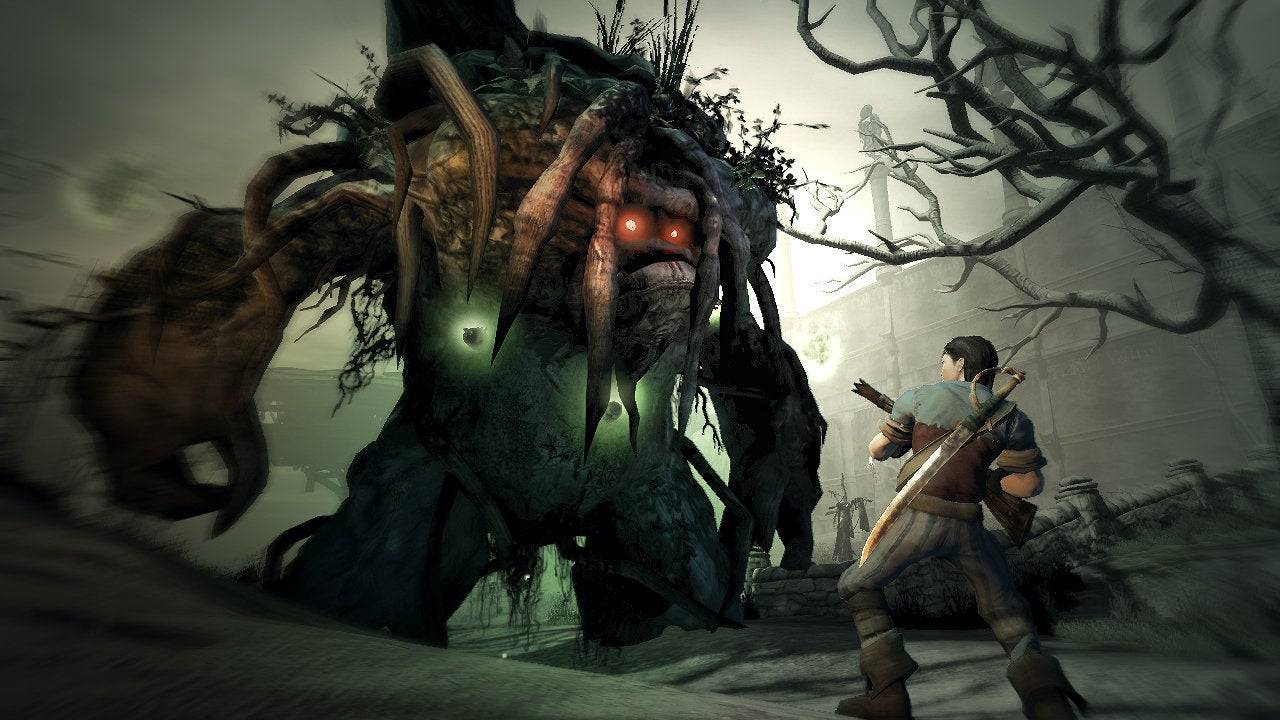 Fable 2's combat may be simple, but its enemy designs are beautifully reimagined fantasy staples. | Image credit: Lionhead Studios / Xbox
Fable 2's combat may be simple, but its enemy designs are beautifully reimagined fantasy staples. | Image credit: Lionhead Studios / Xbox
Peter Molyneux, the founder of Lionhead Studios and lead designer of the Fable series, has always been fascinated with the dichotomy of good and evil. This was evident from Lionhead's first game, Black & White, and continues to be a theme throughout Molyneux’s work, including his upcoming Masters of Albion. Unlike the nuanced choices in games like The Witcher or BioWare's titles, Fable 2's moral choices are starkly binary—either purely good or utterly evil, with no middle ground. This is showcased in quests that offer extreme options, like deciding whether to save a trader’s goods or destroy them, or tormenting a ghost’s former lover or marrying her.
Recent RPG development has emphasized complex moral choices, but Fable thrives on its binary system. It allows players to become the most heroic hero or the most villainous villain, with consequences that shape your character's appearance and reputation. The original Fable's devil horns for evil choices set the tone, but Fable 2 expanded this with richer, more creative quest branching. While other RPGs might focus on the middle ground, Fable 2 celebrates the extremes, making being truly evil feel distinctively impactful.
It’s uncertain if Playground Games will capture this essence of Fable. The recent development update featured just 50 seconds of pre-alpha gameplay, which didn't fully convey the authentic Fable experience, except for the iconic chicken kick. Yet, the brief footage showed a more detailed world, suggesting a more open and immersive Albion. A glimpse of a bustling city filled with life hints at the Sims-like societal simulation that made Fable 2 so unique. I eagerly anticipate exploring this new world, engaging with its inhabitants, and experiencing its quirky charm.But with a year until Fable's release, now is the perfect time to revisit or discover Fable 2. You’ll understand why it’s cherished and why it’s crucial for Playground Games to preserve its unique elements. We don’t need Fable to mimic The Witcher, Baldur’s Gate, or Dragon Age; we need it to stay true to its roots, complete with its humor and moral extremes.




